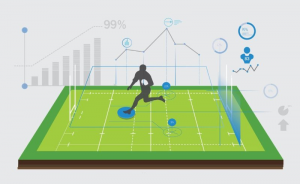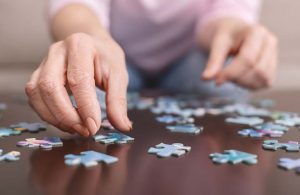The Importance of Playing Sports in Child Development

Playing sports is important for child development for a variety of reasons. First, sports provide children with an opportunity to be physically active and to develop their physical skills. Second, sports teach children important life skills, such as teamwork, cooperation, and goal setting. Third, sports can help children develop self-esteem and confidence. Finally, sports can provide children with a positive outlet for energy and emotions.
Physical Development
Playing sports helps children and adolescents develop physical skills and abilities, coordination, and fitness. As they grow and develop, children and adolescents who are physically active are more likely to maintain a healthy weight, have stronger bones and muscles, and have a lower risk of developing chronic health conditions such as heart disease, diabetes, and obesity.
Children burn anywhere from 60-100 calories per half hour of participation. In contrast, adult men burn up to 250 calories during the same time frame and adult women burn up to 200 calories. The number of calories burned during exercise is determined by many factors.
Walking and running are both excellent forms of cardiovascular exercise. Neither is necessarily “better” than the other. … If you’re looking to burn more calories or lose weight fast, running is a better choice. But walking can also offer numerous benefits for your health, including helping you maintain a healthy weight.
“Running a marathon under any circumstance is not recommended for children,” says Dr. Kathleen Armstrong, a professor at the University of Colorado and former chief of sports medicine at Children’s Hospital in Denver. More details visit here zumroad.com/sport
Social Development
Playing sports also helps children and adolescents develop social skills. They learn how to cooperate with others, how to resolve conflict, and how to work as part of a team. Participation in sports can also help children and adolescents develop a positive self-image and a sense of fair play.
In some cases, sports participation may even help prevent obesity. However, the health benefits of sports participation generally depend more on how much physical activity the child or adolescent gets, rather than on the particular sport he or she participates in.
Emotional Development
Playing sports can also help children and adolescents develop emotional skills such as self-control, confidence, and resilience. Participation in sports can help children and adolescents cope with stress and anxiety, and can help them develop a positive outlook on life.
Sports can also help children and adolescents develop social skills. Participation in sports can help children and adolescents learn how to work cooperatively with others, how to resolve conflicts, and how to handle victory and defeat.
In addition, sports can help children and adolescents develop physical skills. Participation in sports can help children and adolescents develop coordination, balance, and strength.







